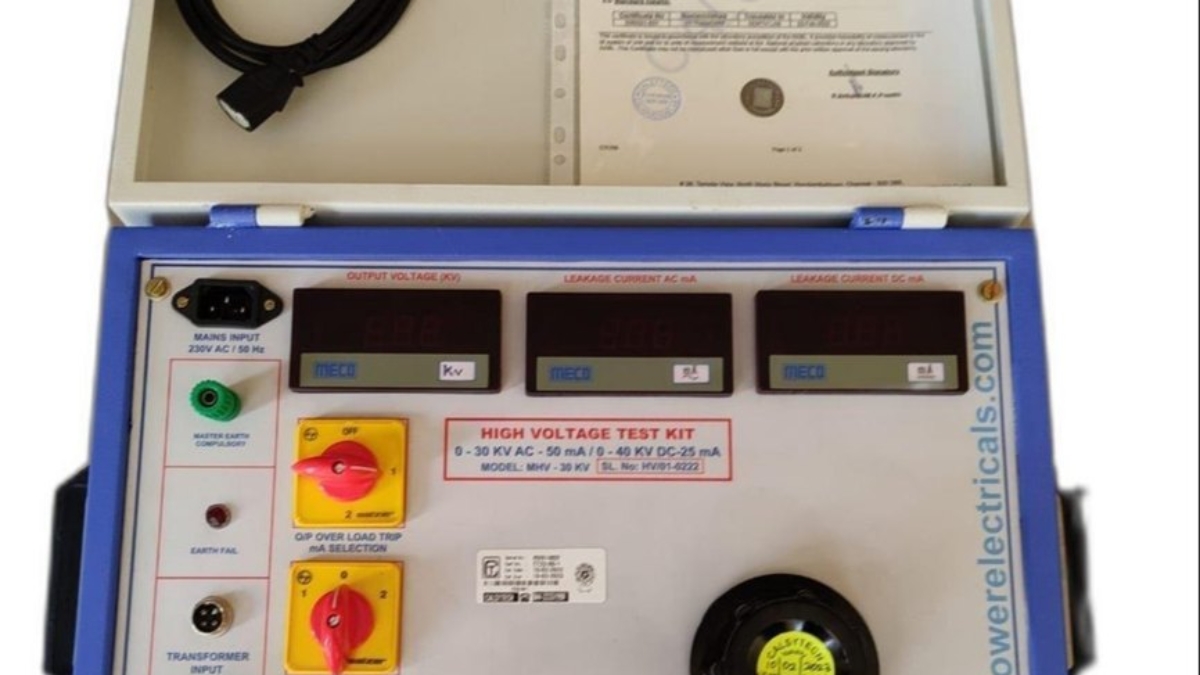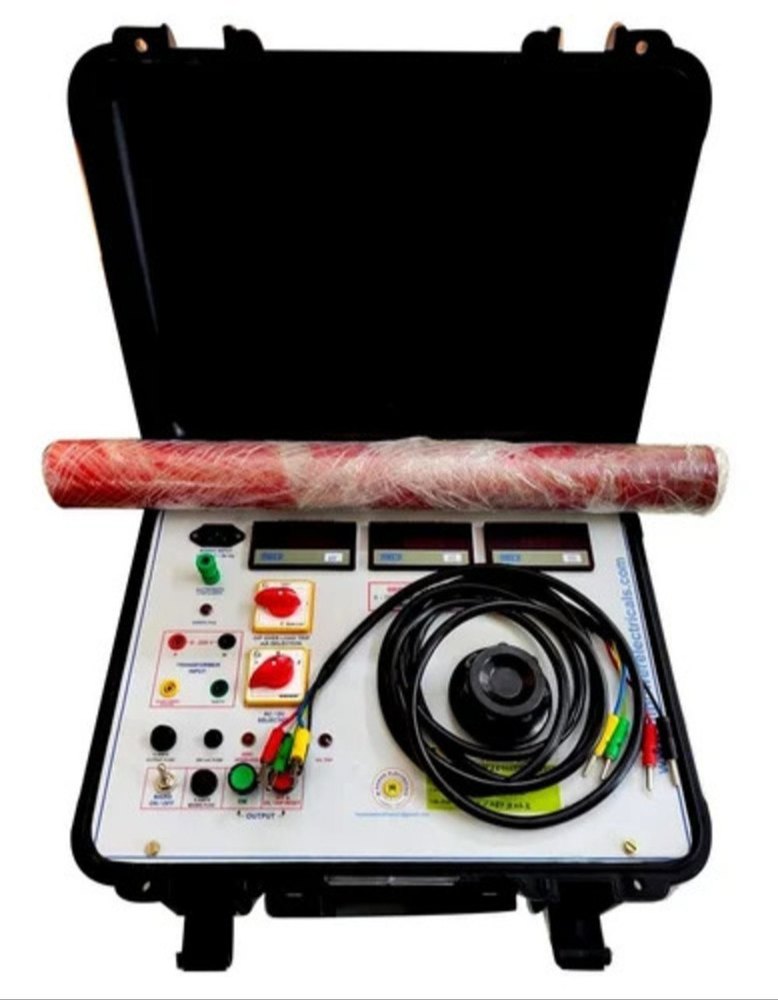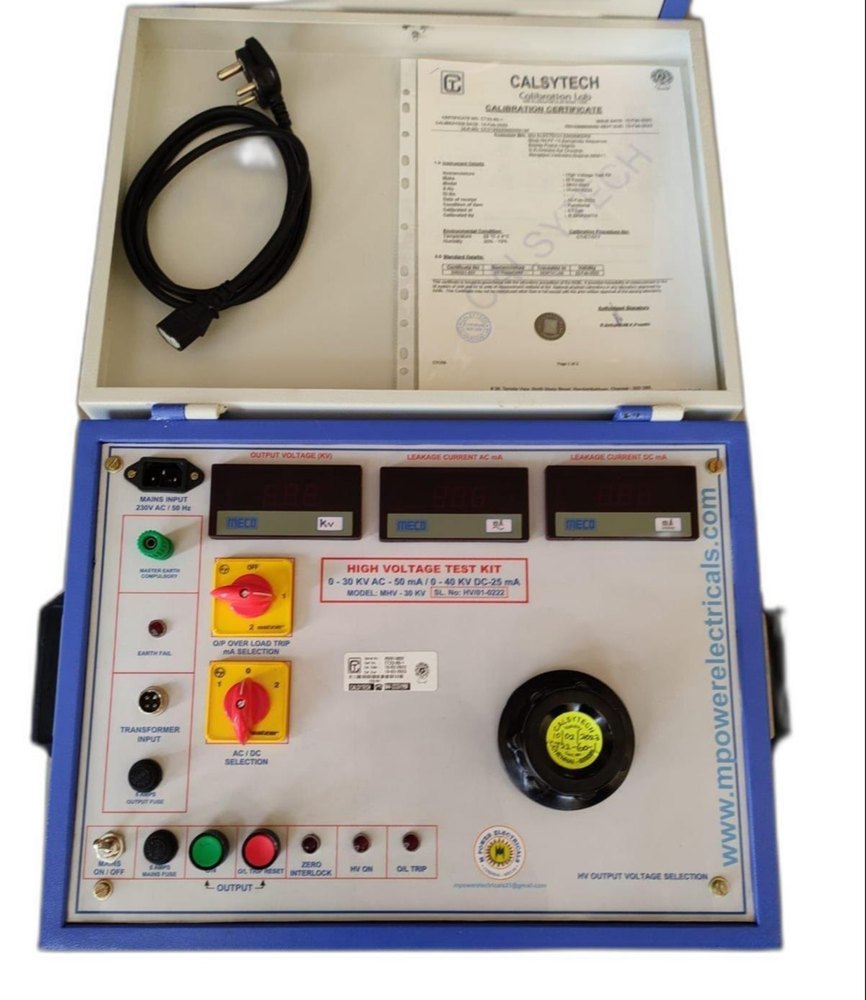Humidity Cyclic Test As Per IEC 60068-2-38
Humidity Cyclic Testing as per IEC 60068-2-38: Why It Matters for Product Durability
Introduction
- When products are exposed to high humidity and temperature fluctuations, their performance and longevity can be compromised. Moisture can cause corrosion, material degradation, electrical failures, and mechanical weaknesses. To ensure that materials and components can withstand these conditions, manufacturers turn to Humidity Cyclic Testing as per IEC 60068-2-38.

What is IEC 60068-2-38?
IEC 60068-2-38 is part of the IEC 60068 series, which defines environmental test procedures for electrical and electronic equipment. This specific test simulates conditions found in humid and tropical climates, where repeated exposure to moisture can lead to material failure over time.
Unlike a constant high-humidity test, IEC 60068-2-38 cycles between temperature and humidity extremes, exposing materials to condensation and drying phases. This provides a more realistic assessment of how a product will perform in real-world conditions.
Why is Humidity Cyclic Testing Essential?
High humidity and repeated exposure to condensation can cause several issues, including:
✅ Corrosion of Metals – Electrical connectors, circuit boards, and mechanical parts can degrade due to oxidation.
✅ Material Softening & Cracking – Polymers, rubbers, and coatings may swell, weaken, or develop cracks.
✅ Short Circuits in Electronics – Moisture can create conductive pathways that lead to electrical failures.
✅ Adhesion Loss – Adhesives and layered materials may delaminate, compromising structural integrity.
By conducting Humidity Cyclic Testing, manufacturers can:
🔹 Detect and resolve design flaws early
🔹 Improve material selection for humid environments
🔹 Meet international quality and reliability standards
🔹 Enhance customer satisfaction with long-lasting products
How Does Humidity Cyclic Testing Work?
The test follows a strict protocol, ensuring accurate and repeatable results:
1️⃣ Humidity & Temperature Cycling – The test chamber exposes materials to fluctuating temperature (25°C to 65°C) and humidity (85-95% RH) levels for multiple cycles.
2️⃣ Condensation Exposure – Some phases encourage condensation buildup, mimicking natural moisture accumulation.
3️⃣ Recovery & Drying Periods – These allow materials to stabilize and help assess long-term durability.
4️⃣ Final Inspection – After the test, samples are analyzed for visual, structural, and electrical failures.
Industries That Benefit from Humidity Cyclic Testing
This test is widely used across multiple industries, including:
🚗 Automotive: Ensuring vehicle electronics, sensors, and coatings withstand humid conditions.
📱 Electronics: Testing printed circuit boards (PCBs), semiconductors, and connectors for moisture resistance.
✈️ Aerospace: Verifying material integrity in high-altitude and tropical environments.
🏭 Manufacturing & Construction: Assessing polymers, adhesives, and coatings for long-term durability.
🔬 Medical Devices: Ensuring product reliability in humid storage and usage conditions.

Final Thoughts
- Humidity Cyclic Testing under IEC 60068-2-38 is a critical step in product validation, ensuring materials can withstand real-world humidity challenges. Without proper testing, products may fail prematurely, leading to customer dissatisfaction, costly recalls, and safety risks.

























 Simulates actual-existence friction and put on situations
Simulates actual-existence friction and put on situations Improves Material Selection
Improves Material Selection Automotive Industry
Automotive Industry Aerospace Industry
Aerospace Industry Industrial & Manufacturing Sector
Industrial & Manufacturing Sector Medical Devices
Medical Devices ASTM G133 – Reciprocating Wear Testing Standard
ASTM G133 – Reciprocating Wear Testing Standard

